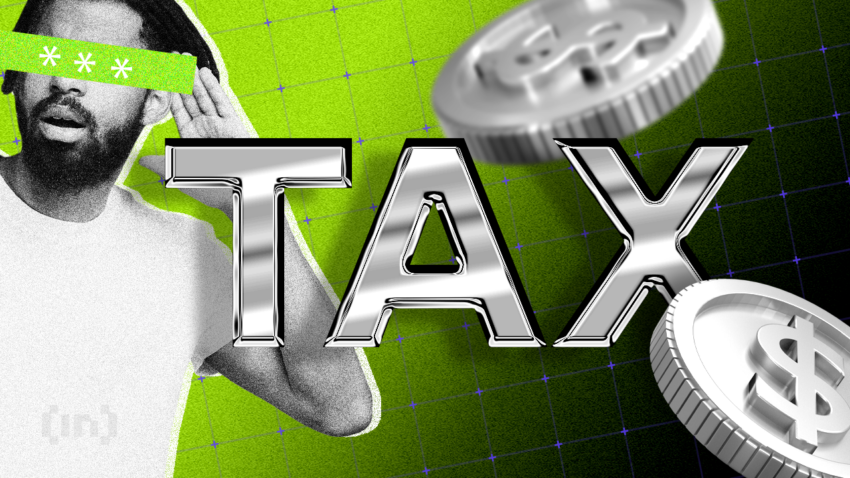The US Internal Revenue Service (IRS) is sharpening its focus on crypto, signaling a crackdown on tax evasion within this growing sector.
As the April 15 tax filing deadline approaches, the IRS is implementing a robust framework to combat crypto-related tax fraud and evasion.
IRS Takes Help of Chainalysis and Other Crypto Experts
At the Chainalysis Links event in New York, IRS Criminal Investigation Chief Guy Ficco emphasized the increase in crypto tax crimes. He believes there will be many more cases of citizens willingly evading crypto taxes this year.
Historically, cryptocurrencies have been linked to financial crimes like fraud, scams, and money laundering. Recently, however, Ficco noted a significant rise in “pure crypto tax crimes.” These crimes typically involve failing to report income from crypto transactions or concealing the true basis of these assets.
The complexity of tracking and analyzing these digital transactions makes the IRS’s task both daunting and essential.
Read more: The Ultimate US Crypto Tax Guide for 2024
The IRS has partnered with blockchain analysis firms such as Chainalysis to enhance its capabilities. Additionally, it has formed alliances with various law enforcement agencies. These partnerships aim to improve the agency’s ability to monitor and prosecute crypto-related tax evasion effectively.
“My IRS special agents are phenomenal at tracing and following money, but some of the tools and applications that are needed in the crypto world. That’s where the experts at Chainalysis come in,” Ficco said.
Moreover, the IRS has recently hired crypto experts such as Sulolit Raj Mukherjee, formerly of ConsenSys and Binance.US, and Seth Wilks from TaxBit. Their primary role is to advance the IRS’s efforts to enhance compliance and enforcement in the crypto sector.
These strategic hires signal a proactive approach to regulating this complex field. These appointments form part of a broader initiative by the IRS to adapt to the evolving digital assets ecosystem and ensure proper tax reporting and compliance.
Read more: How to Reduce Your Crypto Tax Liability: A Comprehensive Guide
Mukherjee and Wilks bring invaluable knowledge from the crypto industry, which is essential for the IRS to navigate the complexities of crypto taxation effectively.
Disclaimer
In adherence to the Trust Project guidelines, BeInCrypto is committed to unbiased, transparent reporting. This news article aims to provide accurate, timely information. However, readers are advised to verify facts independently and consult with a professional before making any decisions based on this content. Please note that our Terms and Conditions, Privacy Policy, and Disclaimers have been updated.

